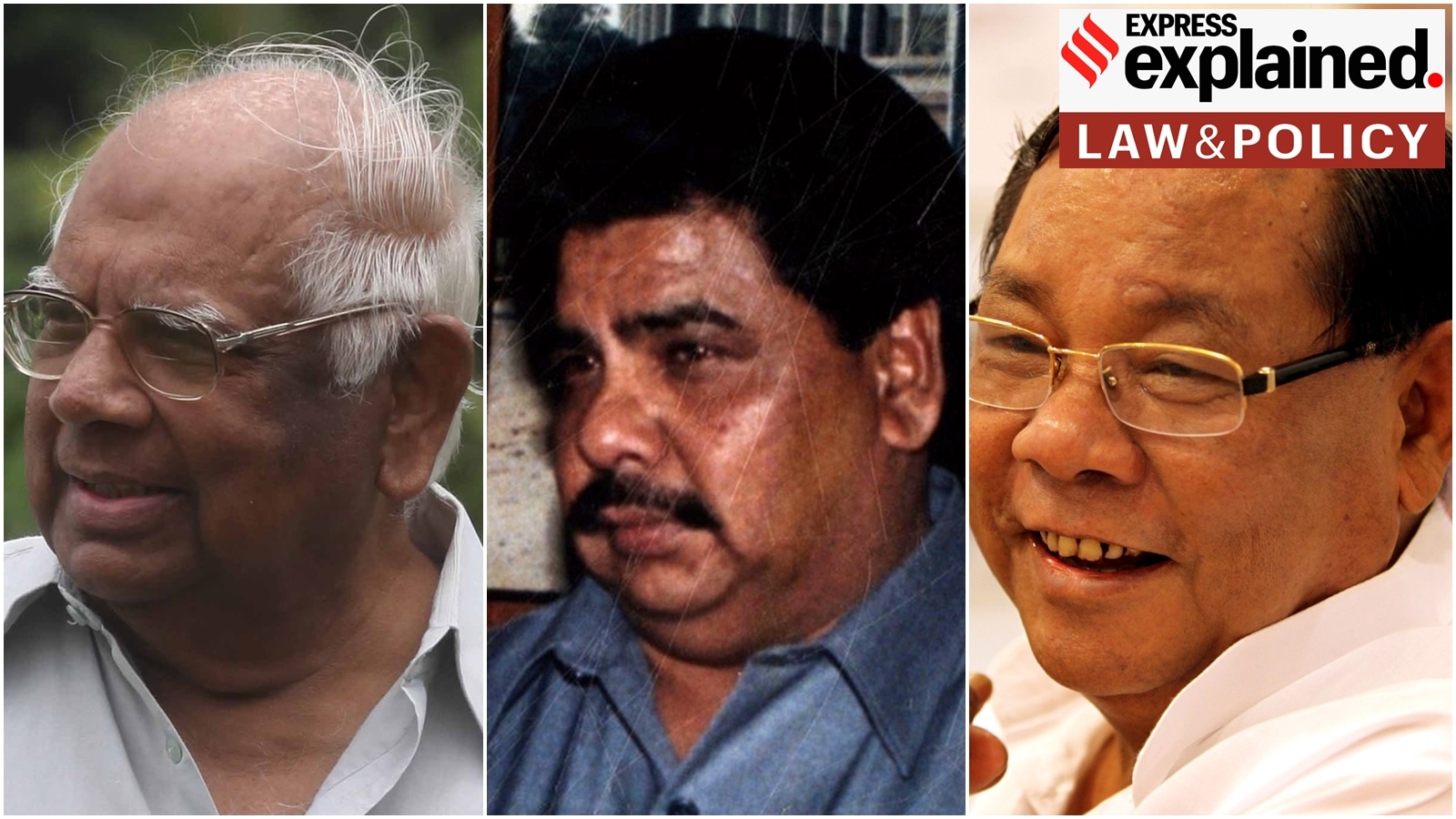As the 18th Lok Sabha prepares to meet, the TDP and JD(U), key allies of the BJP in the National Democratic Alliance (NDA), are said to be jockeying for the post of Speaker. After a pro tem or temporary Speaker administers the oath to new members, the Speaker is chosen to be the Presiding Officer of the House.
What are the powers of the Speaker and why is the post crucial for the BJP, its allies, as well as the opposition?

Constitutional mandate
The Speaker has a key role in parliamentary democracy. The Constitution of India provides for the offices of the Speaker and Deputy Speaker who, according to Article 93, are to be elected “as soon as may be” after the commencement of the House.
The Speaker is elected by a simple majority in the House. The term ends with the dissolution of the House, unless the Speaker resigns or is removed from office before that. A motion of no-confidence can be moved against the Speaker with notice of 14 days as per Article 94 of the Constitution. Separately, the Speaker, like any other member of the House, can face disqualification.

There are no specific qualifications for becoming Speaker, which means any member is entitled to be considered. However, the post of Speaker is distinct from other members in the House.
From the placement of the Speaker’s chair in the House to his having a casting vote, from effectively being in charge of the functioning of the House to having crucial constitutional functions in dealing with disqualification of members — the Speaker is evidently perched as the Presiding Officer of Lok Sabha.
The salary of the Speaker is drawn from the Consolidated Fund of India unlike for other MPs, which flow from a statute voted on by the House itself.
Story continues below this ad
Powers of the Speaker
CONDUCTING THE HOUSE: The Speaker, with a vantage view of the House, decides how it is conducted. The conduct of government business is decided by the Speaker in consultation with the Leader of the House. Prior permission of the Speaker is required for members to ask a question, or to discuss any matter
There are Rules and Procedure for the functioning of the House, but the Speaker has vast powers in ensuring these Rules are followed, and in choosing procedures. This makes the impartiality of the Speaker a crucial check and balance for the Opposition to have its say in the House.
QUESTIONS & RECORDS: The Speaker decides the admissibility of a question raised by a member, as well as how the proceedings of the House are published. The Speaker has the power to expunge, in full or in part, remarks that she may consider to be unparliamentary. Critical remarks against the ruling party may not be published if the Speaker decides to expunge them.
VOICE VOTES, DIVISION: When the treasury benches seem thin in the House, the Speaker can disregard a request for division and push a Bill through by voice vote.
Story continues below this ad
As per the Rules of Procedure and Conduct of Business in Lok Sabha, if the Speaker is of the opinion that is “unnecessarily claimed”, simply ask the members who are for ‘Aye’ and those for ‘No’ respectively to rise in their places and decide.
In such a case, the names of the voters shall not be recorded. Vote by division is important as a record for posterity. An MP gets a chance to record dissent and show the mandate of her constituents.
NO-CONFIDENCE MOTION: One of the most important times when a Speaker’s impartiality impacts the Opposition is when a motion of no-confidence is moved against the government. In 2018, when the YSRCP and TDP gave notices for a motion of no-confidence, then Speaker Sumitra Mahajan adjourned the House several times before admitting the motion and putting it to vote.
CASTING VOTE: Although it is rare that a Speaker is required to give her casting vote, it is a crucial function. According to Article 100 of the Constitution, which talks about voting in the Houses, the Chairman of Rajya Sabha or Speaker of Lok Sabha, or any person acting as such, “shall not vote in the first instance, but shall have an exercise a casting vote in the case of any equality of votes”.
Conventionally, the Speaker votes in favour of the government.
Story continues below this ad
Disqualification of members
For the Opposition, the realities of the power of the Speaker under the Tenth Schedule of the Constitution are perhaps more significant than how the House is conducted.
The Tenth Schedule or the anti-defection law, introduced to the Constitution through the Fifty-Second (Amendment) Act, 1985, gives the Speaker of the House the power to disqualify legislators who ‘defect’ from a party. In the landmark case Kihoto Hollohan versus Zachillhu in 1992, the Supreme Court upheld the power vested in the Speaker and said that only the final order of the Speaker will be subject to judicial review.
Defections can alter numbers in the House and cause a government to fall. If the Speaker acts in a timely manner and disqualifies such members, then the new government may not have a majority. However, a delay in deciding the disqualification petitions can vitiate the Tenth Schedule.
In 2023, the Supreme Court had directed the Maharashtra Assembly Speaker Rahul Narwekar to initiate disqualification proceedings against MLAs of the Uddhav Thackeray and Eknath Shinde factions of the Shiv Sena at the earliest. At that time, the petitions were pending for over a year and a half, allowing the Uddhav-led government to collapse.
Story continues below this ad
In 2020, the Supreme Court had ruled that Speakers of Assemblies and Lok Sabha must decide disqualification pleas within three months except in extraordinary circumstances.









































